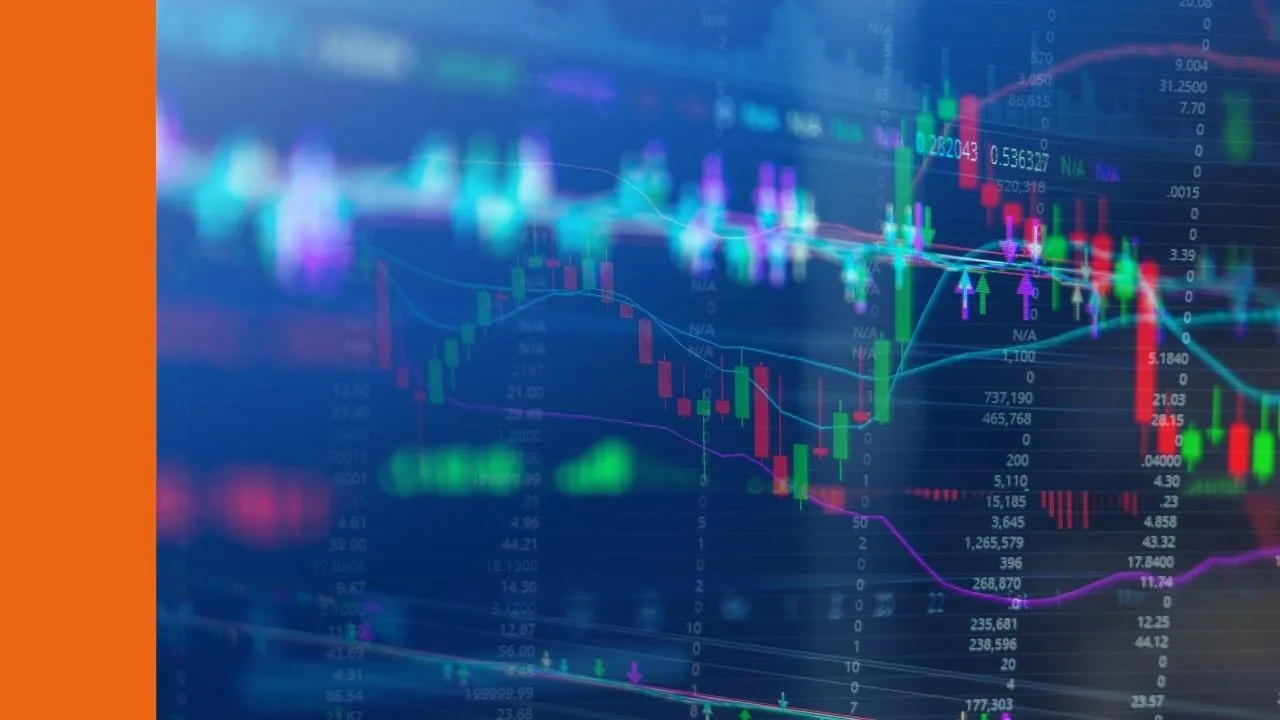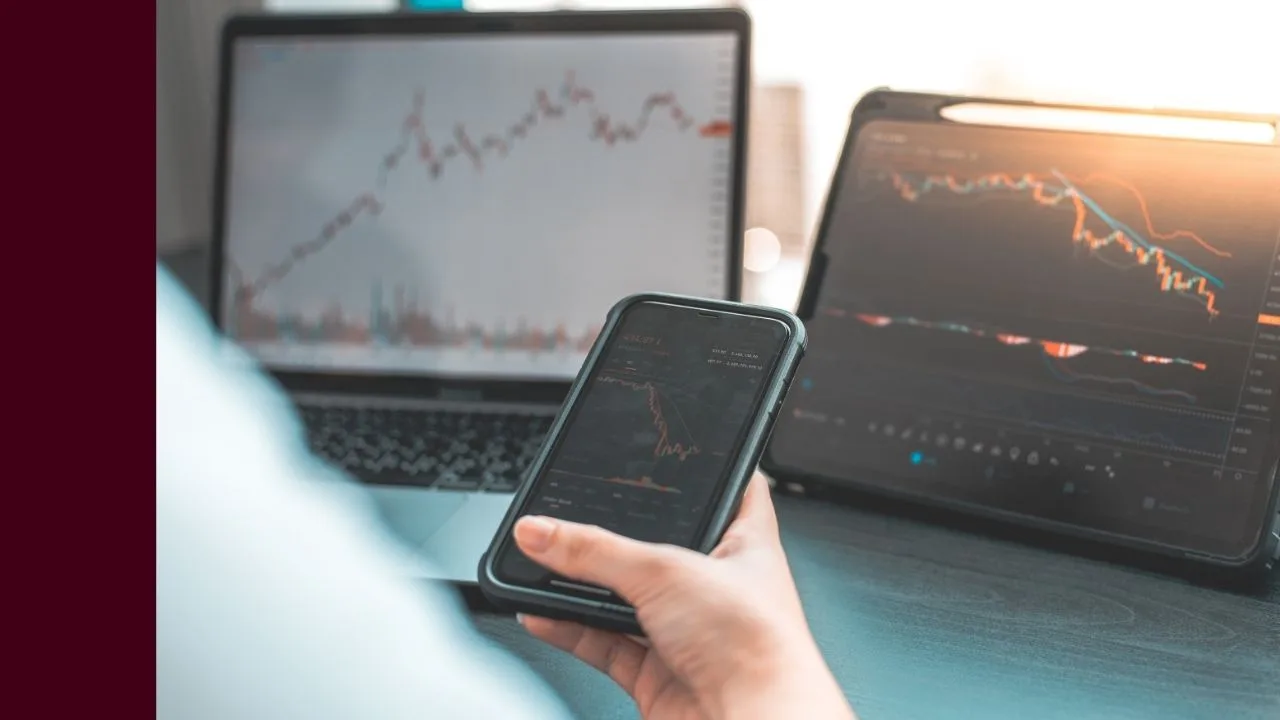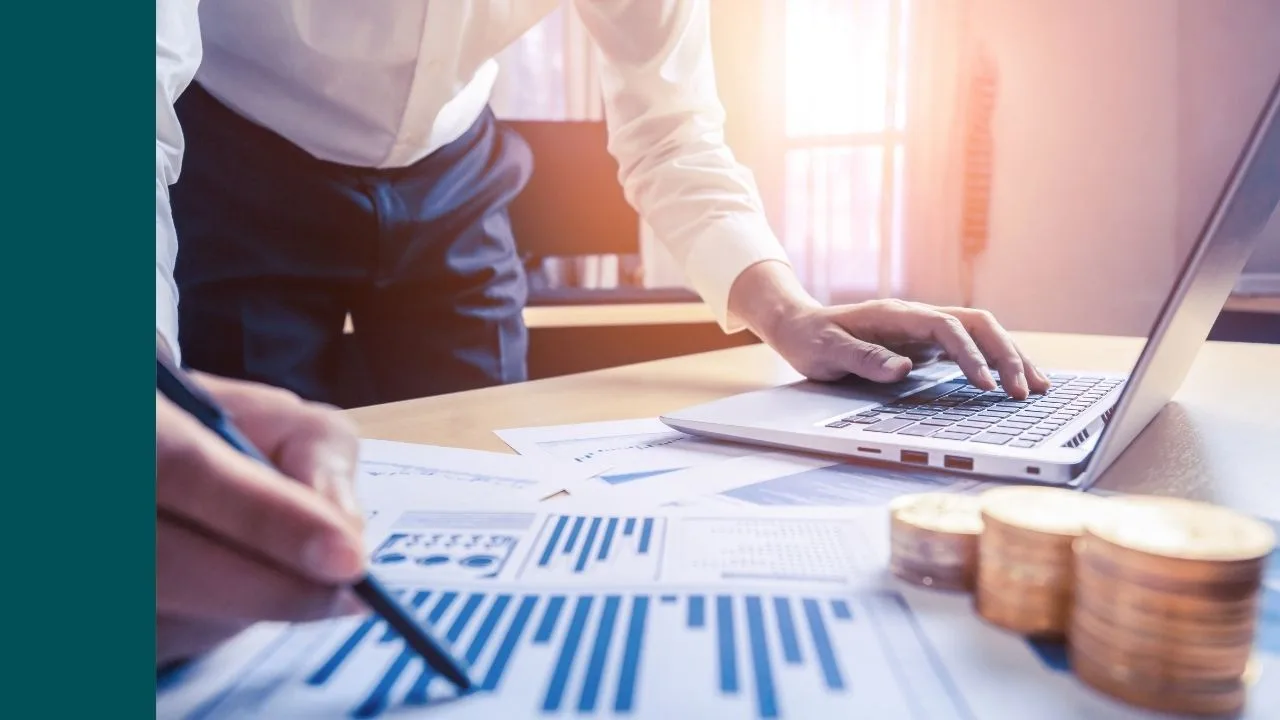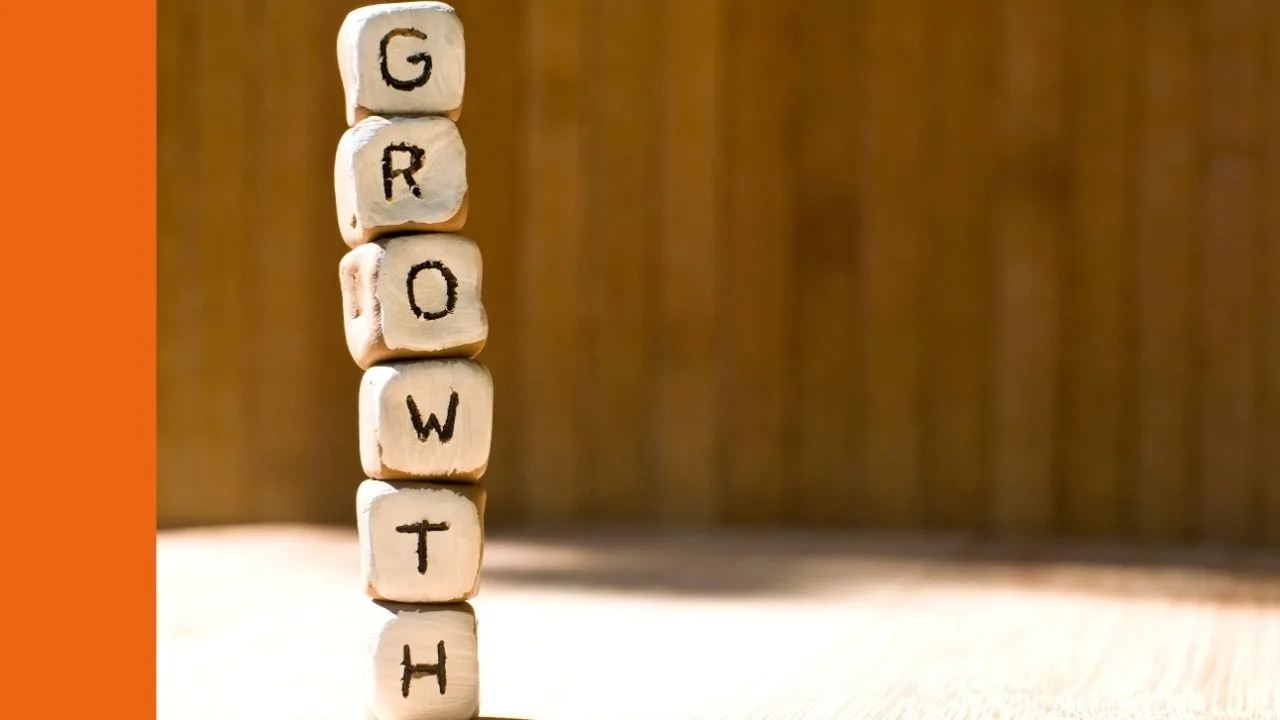I think that investing in ASX shares is the best thing that people can do to grow their wealth over the long-term. But an emergency fund can help investors invest even better.
What’s an emergency fund?
An emergency fund is an amount of cash that is set aside for emergencies. You never know when an emergency is going to happen, that’s why it’s an emergency!
Different households can have different things count as financial emergencies. For example, for a family the loss of the main breadwinner’s income could be devastating. But for younger Aussies, the biggest emergency could be their car being written off and needed to buy a new one.
How much should someone have an emergency fund? That’s up to each household to decide. I think it’d be a good idea for every adult to have at least $1,000 set aside in a savings account. But $10,000 could be even better. Families may want to have between three to six months of expenses set aside.
At the moment, my household has around four months of expenses set aside and the dollar amount is slowly climbing.
How it can help investing in ASX shares
Investing in shares is somewhat about risk tolerance. I’m not saying that investing in the riskiest shares creates the best results,. But there has been a big difference over the last ten years between owning Telstra Corporation Ltd (ASX: TLS) and owning a share like REA Group Limited (ASX: REA), CSL Limited (ASX: CSL) or Domino’s Pizza Enterprises Ltd. (ASX: DMP). Telstra may have seemed like the safer choice through the past decade, but it was the other three that have produced vastly bigger returns.
If you have all your money invested in the share market, you may feel like you need to play it safer with your ASX share portfolio in-case something goes wrong.
To be clear, there’s nothing wrong with going for ‘safer’ ASX shares if that’s what you want to do. But if you feel like going for investment X, which looks compelling for the long-term, is too much risk then it could be worth building the emergency fund up so you feel like you can sleep well at night and get the investment returns your ideal portfolio can achieve.
Investing can already be complicated, it doesn’t need to be more complex by worrying about not having any cash as a backup. I have full confidence in my personal finances and investing knowing that I have a good emergency fund.








